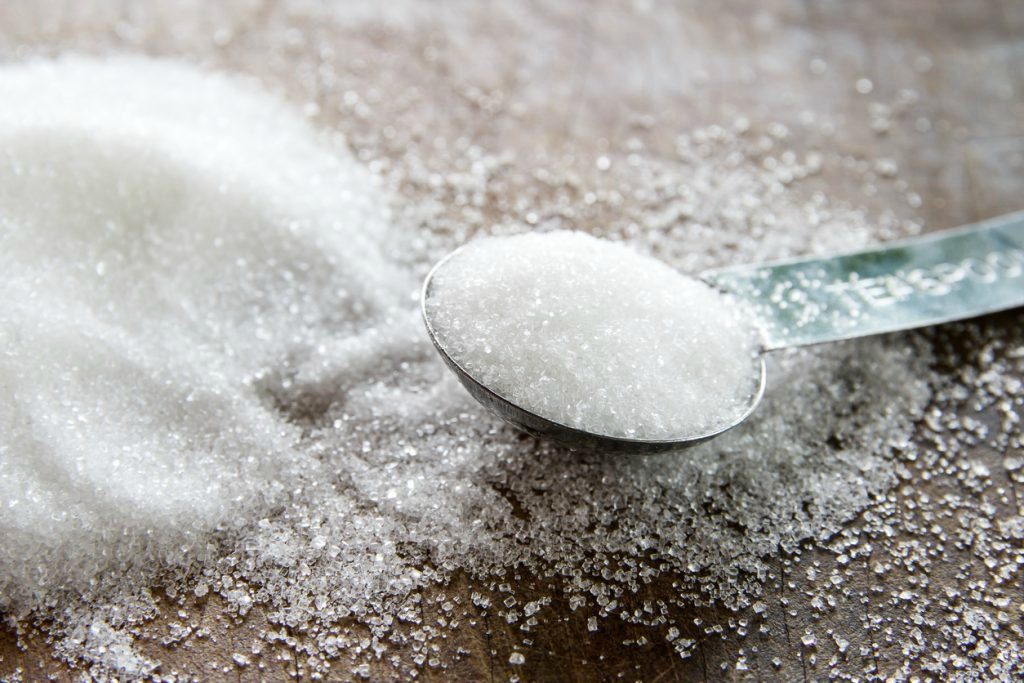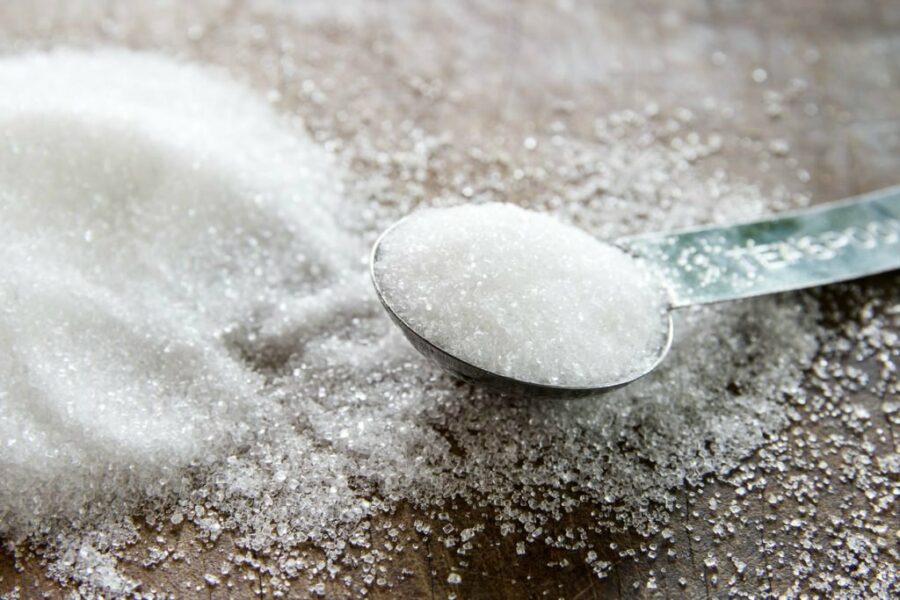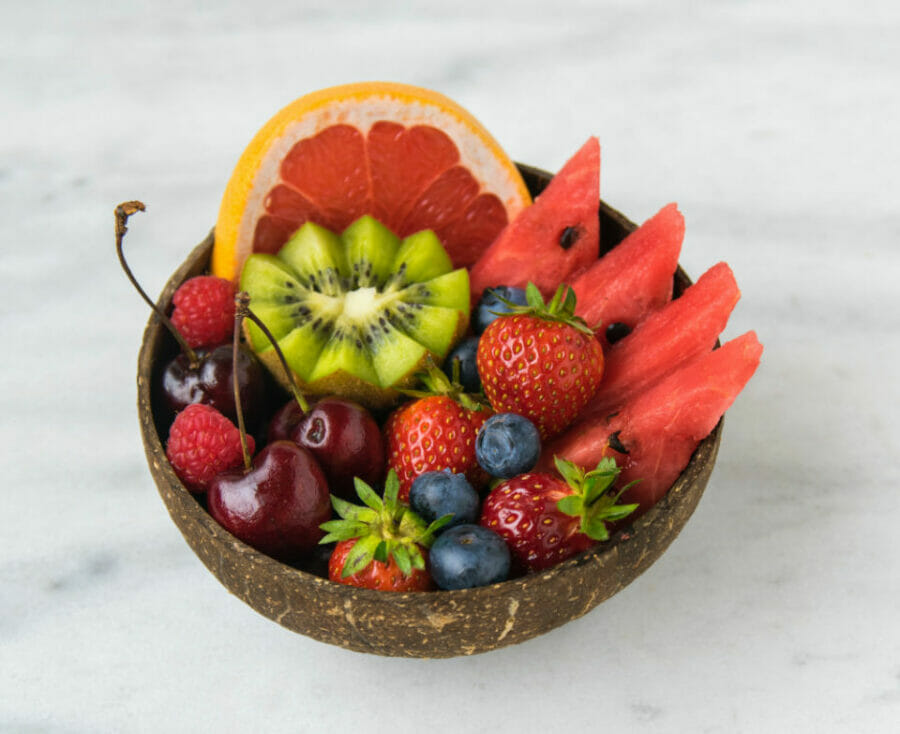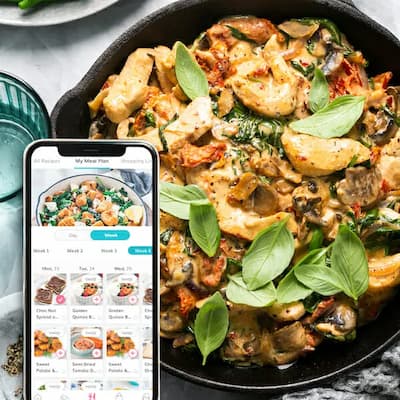6 things to know if you’re thinking about doing a sugar detox
If you are interested in having more energy, sleeping better, improving your general health and losing weight (especially from the stomach area), reducing your sugar intake can have a dramatic impact.
If you are interested in having more energy, sleeping better, improving your general health and losing weight (especially from the stomach area), reducing your sugar intake can have a dramatic impact.
Too much sugar can increase your chance of health issues and diseases including diabetes, cardiovascular disease, cancer, and dental cavities, so it’s a no-brainer that reducing your daily intake will help you have a healthier lifestyle.
Here are six facts about sugar that everyone needs to know…

Why a sugar detox?
Understanding these key sugar facts will help you to make better choices to help you reach your weight loss goals:
1. Sugars can be simple or complex
Sugars belong to one of two groups – simple or complex sugars. Simple sugars, including glucose and fructose, cause a fast spike in our blood sugar levels, and these are the ones we should try to reduce to improve our health.
2. Complex sugars take longer to break down
Complex sugars, like sucrose, maltose and lactose, take longer for the body to break down, therefore keeping blood sugar levels more stable, without the sugar “high” followed by an energy “crash.”When including sugar in your diet, complex sugars are a
better choice.
3. Sugars can be sorted into two categories
These are free sugars and bound sugars.

4. Free sugars are any sugar that is added to a food, i.e. it isn’t part of the food’s natural state
Free sugars contain ‘empty calories’ as the calories or energy they provide contain only very low, if any, nutritional benefit. Free sugars include processed fruit juices, honey, maple syrup, corn syrup, glucose, brown sugar, white sugar etc.
5. Bound sugars are nutritionally better for you
Foods that contain ‘bound sugars’ are complex carbohydrates such as fruits and vegetables. Fruits are a great way to add sweetness to your meals as they also provide nutritional benefits.
6. ‘Bound sugars’ often also contain fibre
This helps to slow down blood sugar absorption, making the energy you receive from these types of foods last longer.
Is there such thing as a healthy sugar option?
We all know that too much sugar is bad for you. But is there such thing as a “healthy” sugar option? And if so, what’s the best type?
What is the best sugar option?

White sugar
This type of sugar probably has the worst reputation. When sugarcane or sugar beet is refined, the moisture, minerals and compounds are removed, resulting in white refined sugar.
Brown sugar
So is brown sugar healthier? The short answer is no. Brown sugar is basically the same as white sugar except it contains molasses, which are the compounds removed during the refining process that give sugars their colour.
Coconut sugar
This variety of sugar is made from sap from the coconut plant. It has a lower GI (glycemic index) than other sugars, which means blood glucose levels will rise slower when the food is consumed, though the effect may differ depending on the person.
So even though coconut sugar has a lower GI, it is just as high in calories as regular sugar so it doesn’t make it much healthier.
Honey
Made from the nectar collected by bees, honey seems like a super healthy, natural option. But because it’s high in fructose which is sweeter than table sugar and has a moderate GI level, make sure you enjoy it in moderation.
The best sweet option for weight loss?

Cutting out sugar doesn’t mean you have to sacrifice your desserts!
By cooking with fruit, you can add in extra nutrients that you wouldn’t get with regular sugar but the fructose means you can still get that sweet flavour. But with everything, moderation is key.
Try these sugar free banana and date muffins that both adults and kids will love! They’re sweetened with dates which are high in fibre as well as essential minerals including selenium, magnesium and iron.
In this blog, nutritionist shows you how to drastically reduce sugar in your coffee or tea within THREE weeks.
Tired of wondering what to cook?
Now you can easily meal plan with our personalised plans & over 6,000 family & budget friendly recipes catering to a wide range of dietary requirements.
The Healthy Mummy is a holistic program to nourish your body with nutritious food and help you stay active in your busy, everyday life. Yours and your families well being should be a priority so let us take the hassle out of it.
Unlock the key to sustainable life changes that will leave you feeling your absolute best.










